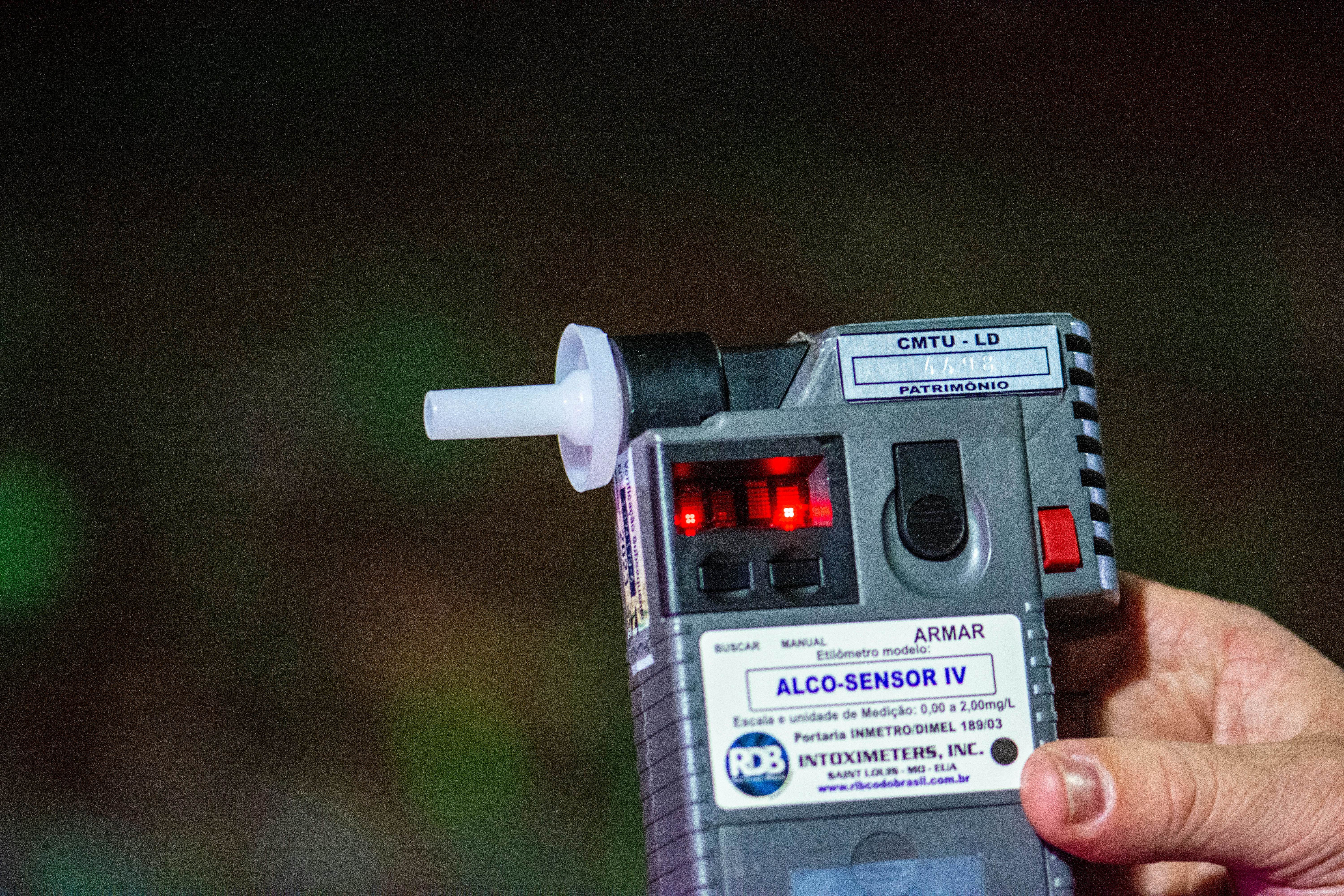How Breathalyzers Work
Breathalyzers are fascinating devices, pivotal in the enforcement of DUI laws. Their primary function is to provide a quick and non-invasive estimation of a person's blood alcohol concentration (BAC). The science behind how these devices work is both intricate and intriguing.
The Journey of Alcohol in Your Body
When you consume alcohol, it doesn't simply stay in your stomach; it enters your bloodstream and circulates throughout your body, affecting your brain, liver, and other organs. Your body then metabolizes the alcohol, but this process takes time. As blood circulates through your lungs, a portion of the alcohol passes across the lung's air sacs (alveoli) into your breath due to the alcohol's volatile nature.
This direct relationship between the alcohol concentration in your breath and your blood allows breathalyzers to estimate your BAC. However, it's not a direct measurement but an estimation based on the alcohol's presence in your exhaled breath.
Technology Behind Breathalyzers
The most commonly used breathalyzers involve a chemical reaction where the alcohol in your breath reacts with a chemical compound, leading to a change in color. The extent of this color change correlates with the level of alcohol in your breath, which is then converted into a BAC reading.
More sophisticated devices employ infrared spectroscopy, detecting alcohol by the way it absorbs infrared light, or fuel cell technology, which generates an electrical current proportional to the amount of alcohol detected. These methods are known for their precision and reliability but come with a higher cost.
Challenges to Accuracy
Despite their utility, breathalyzers are not without their flaws. The accuracy of a breathalyzer reading can be influenced by several factors:
- Calibration and Maintenance: Like any sophisticated instrument, breathalyzers require regular calibration to ensure accuracy. A device that is not properly maintained can lead to incorrect readings, potentially impacting legal proceedings.
- User Error: The administration of the test plays a critical role in its accuracy. Factors such as the timing of the test after alcohol consumption, the use of alcohol-containing products like mouthwash, or even the method of breathing into the device can affect the results.
- Physiological Variations: Individual differences, such as body temperature, breathing patterns, and even diet, can influence the concentration of alcohol in the breath. These physiological factors can lead to variations in BAC readings that may not accurately reflect a person's level of impairment.
Given these variables, the interpretation of breathalyzer results requires careful consideration. They are a piece of the puzzle but not the definitive word on a person's impairment.
Navigating DUI Charges with Expert Legal Assistance
If you find yourself facing DUI charges based on breathalyzer results, it's essential to understand that these charges can be contested. The complexity of the science behind breathalyzers, coupled with the potential for error, means that these cases are not cut and dry. At Law by Bazaz, we specialize in dissecting the nuances of DUI charges, providing a comprehensive defense that considers every aspect of your case, from the validity of the breathalyzer results to the circumstances of your arrest.
Why Choose Law by Bazaz
Navigating the legal landscape of DUI charges requires more than just understanding the law; it requires a partner who can guide you through the complexities with expertise and compassion. Law by Bazaz is your dedicated resource in Naples for DUI defense and beyond. Our team is committed to delivering personalized, effective legal solutions tailored to your unique situation. With a deep understanding of both the science and the law, we are equipped to challenge inaccuracies and advocate for your rights aggressively.
